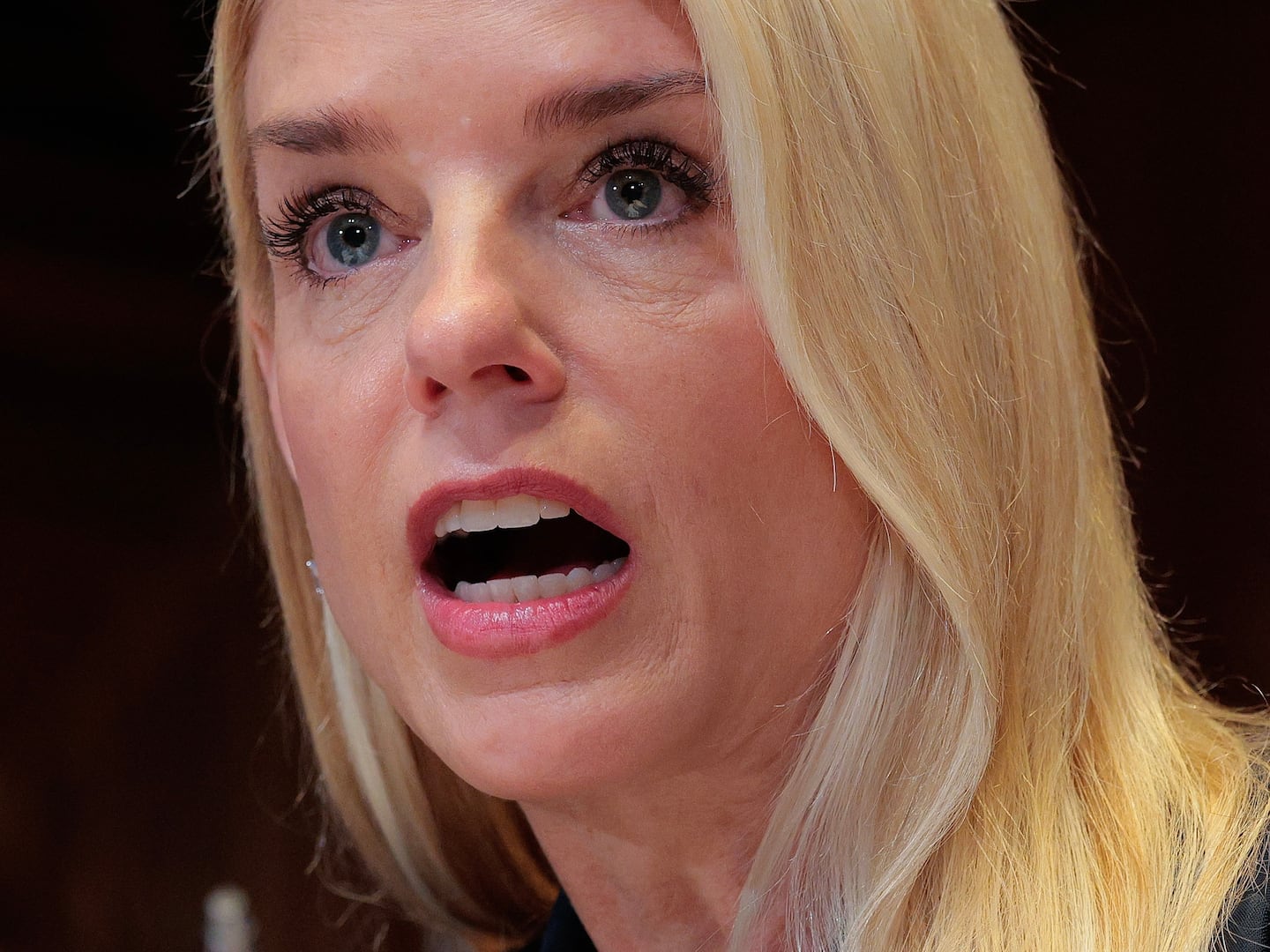Compared to John Boehner, Hercules had it easy.
While the legendary Greek hero just had to kill monsters like the Hydra, the Speaker of the House has been tasked with the most impossible labor of all: trying to get enough House Republicans to back any bill dealing with immigration and the border.
On Thursday, the House leadership cancelled a vote on a supplemental budget for border security to deal with the tens of thousands of unaccompanied Central American minors who have entered the U.S. illegally this year. The legislation, which would have appropriated $659 million to deal with the border crisis, failed when some House Republicans expressed concerns that the bill didn’t contain any plans to end President Obama’s controversial Deferred Action for Childhood Arrivals’ memorandum, or DACA. Issued under executive action in 2012, DACA does not provide a legal path to citizenship, but can delay deportation for non-criminal, undocumented young people under the age of 31 who arrived in the U.S. before their 16th birthday, have resided here since June 15, 2007 and are either in school or have already graduated or been honorably discharged from the U.S. military.
House Republicans have been trying to reverse DACA since it was first implemented by the Department of Homeland Security, voting to pass an amendment to defund the program last June. When Central American families and unaccompanied children began flooding Texas detention centers this summer, at times crossing the Rio Grande Valley in groups of 100 to 200 in broad daylight, Republicans were quick to blame DACA, arguing that President Obama’s policy had basically invited these young people here.
Democrats were almost universally opposed to the bill that failed Thursday, which would have been paired with additional separate votes on DACA. The bill also contained language that would expedite the deportation process for minors who come to the United States illegally from countries besides Canada and Mexico by reversing a 2008 law signed by President George W. Bush.
The specific provision of the 2008 William Wilberforce Trafficking Victims Protection Reauthorization Act under scrutiny requires all undocumented children from noncontiguous countries be transferred into Health and Human Services custody no more than 72 hours after being apprehended by Border Patrol and put into regular immigration court proceedings. With 366,758 pending deportation cases in U.S. immigration courts as of March 2014, amending this law to exclude kids from El Salvador, Guatemala, and Honduras (the three countries from which the majority of the so-called “border kids” are from) would certainly speed the deportation process. But, opponents argued, it would also undermine the original intent of the 2008 law, which was to ensure that potential refugees who may qualify for asylum aren’t sent back to dangerous situations before they’ve had a chance to present their case. A recent report by the Texas-based Refugee and Immigrant Center for Education and Legal Services found that more than half of the unaccompanied children currently in U.S. custody could qualify for humanitarian aid.
The Obama administration had originally asked for $3.7 billion to deal with the border crisis, and the Senate had pushed a bill that would have allocated $2.7 billion. Initially, Boehner had proposed spending $1.5 billion before backtracking to the $659 million in the supplemental budget that was due to be voted on Thursday.
The failure of the vote, which comes just before Congress’ August recess, means it is unlikely that any additional funds will be allocated to deal with the border crisis until September at the earliest—and also signals the official death of the Senate comprehensive immigration reform bill. It also marks yet another political defeat for Boehner and House leadership in what was the first test of new Majority Whip Steve Scalise, who recently took over the position when former Whip Kevin McCarthy ascended to Majority Leader. McCarthy replaced Eric Cantor, who stepped down after losing his primary last month to anti-immigration candidate Dave Brat.
Scalise, as whip, is responsible for party discipline and making sure that Boehner has an accurate sense of how many votes he has within the GOP caucus on a particular bill. This was the first controversial vote that the Louisiana conservative had to organize Republicans for in his new position, and it’s clear that he wasn’t able to rally as much support among GOP backbenchers as he initially thought.
Republicans, however, rallied around Scalise on Thursday. “It’s a tough job—I’d hate to have to try to get something like this passed,” said Louisiana Rep. John Fleming, who was among those conservatives opposed to the border bill. “It’s like climbing Mount Everest to try and pass something like this. So, no, I don’t think it’s any discredit on our leadership at all.” Rep. Mo Brooks of Alabama, another conservative opponent of the bill, agreed. “Steve Scalise is an excellent whip,” he said. “It’s a public policy disagreement. He’s able to count extremely well. His job is to count. He got an accurate count—there aren’t 218 votes for this bill because it’s too weak.”
In a tactic reminiscent of last year’s government shutdown when he organized opposition to any compromise to reopen the government, Ted Cruz met with a number of House Republicans on Wednesday night to encourage them to vote against any border supplemental that did not end DACA.
Being forced to pull such a crucial bill from the floor only minutes before a scheduled vote is a major embarrassment for Boehner and Scalise, despite leadership’s insistence that the bill had “the support not just of a majority of the majority in the House, but most of the House Republican Conference.” Yet Boehner admitted to his caucus on Thursday afternoon that they still weren't close to the 218 votes needed to pass the bill. “The Speaker made the comment that 'we're not even close’” to that magic number, Fleming relayed to reporters.
House Republicans, many of whom were forced to return from the airport on Thursday afternoon after leaving the Capitol for their scheduled five-week recess, will meet again Friday morning. “We’re going to stay here. The whip, the leadership team, and those who are working on the bill are going to go to work and see what it takes to draft, change the bill to get to 218 votes,” senior California Republican Buck McKeon said. “There’s strong feeling by the vast majority that we need to do something before we leave.” The question is whether they will ever get sufficient lawmakers on board to make it out of town.
Quipped outgoing Texas Republican Ralph Hall, a 34-year veteran of the House, “We could be here ’til Christmas.”
Tim Mak and Caitlin Dickson contributed reporting to this story.






